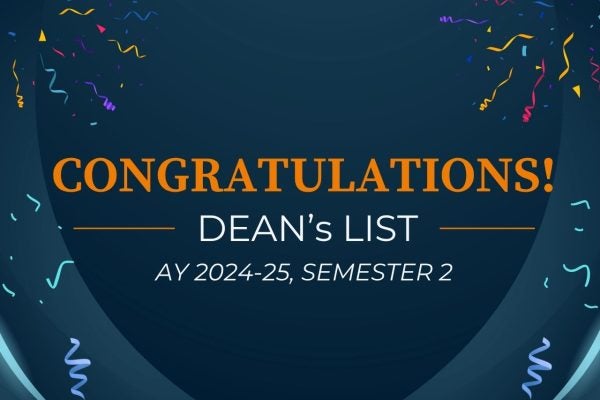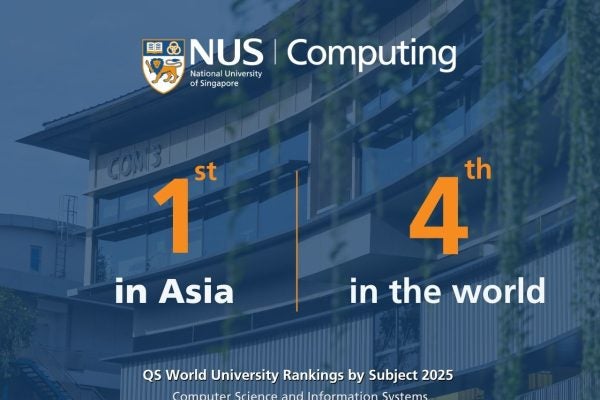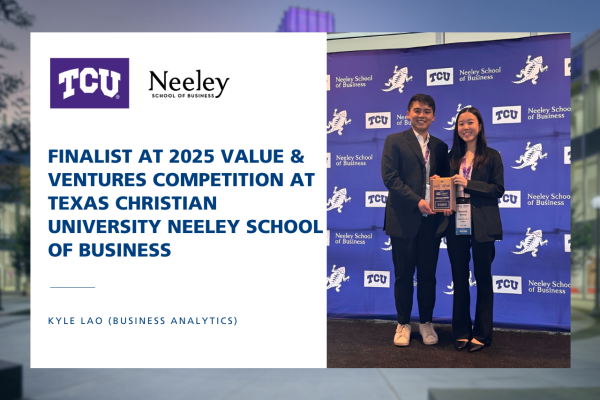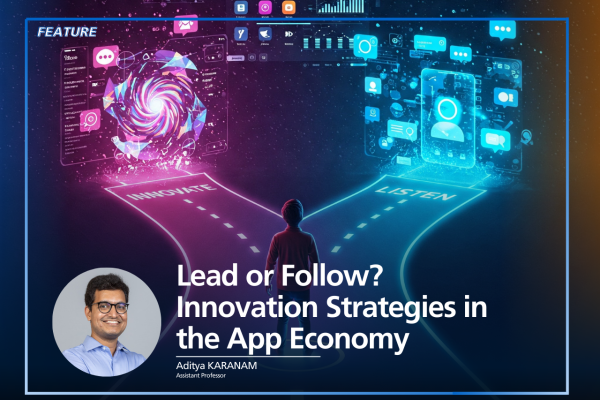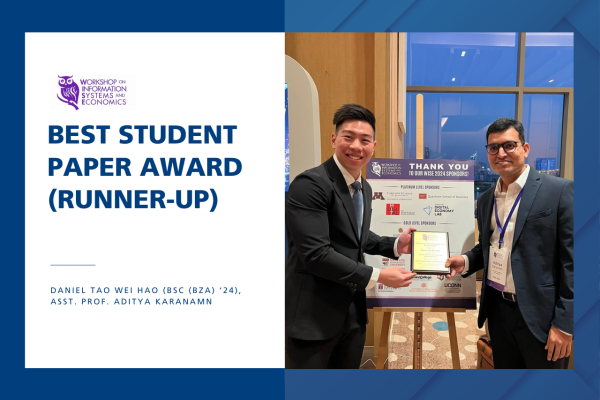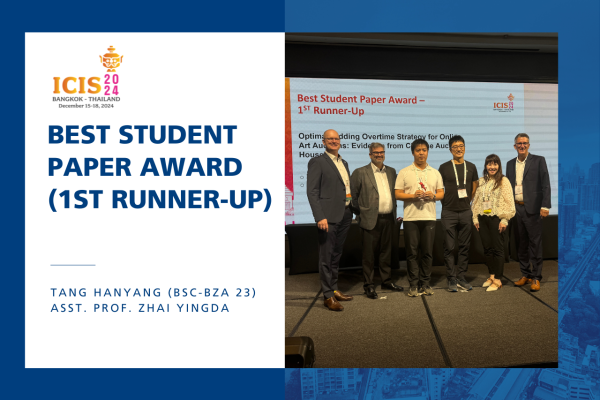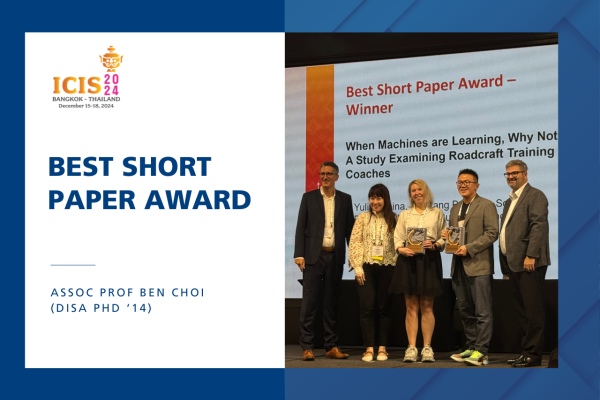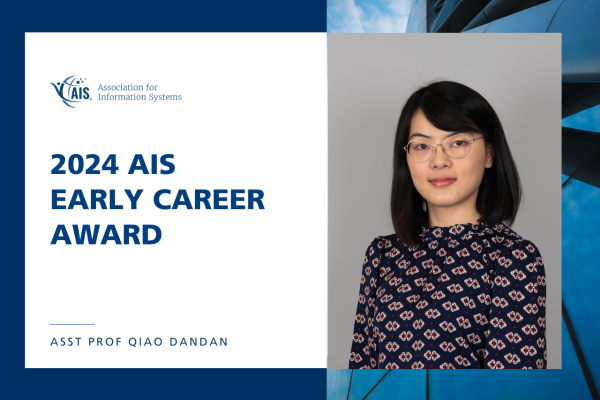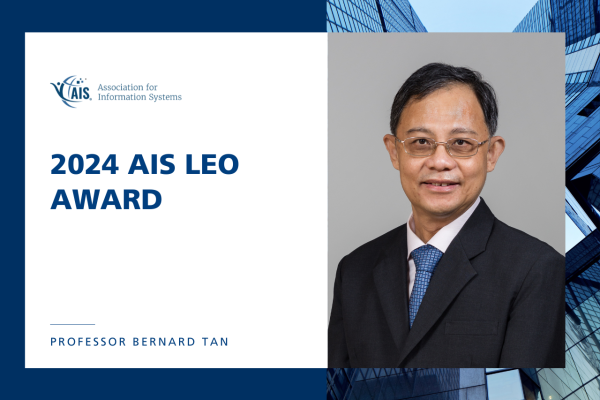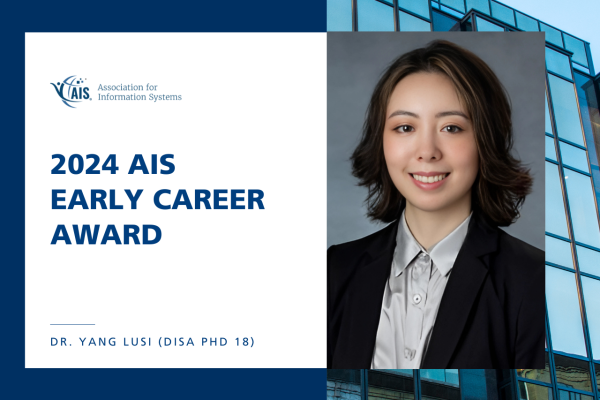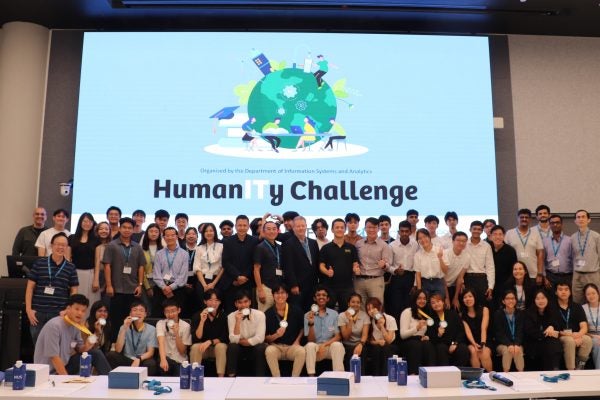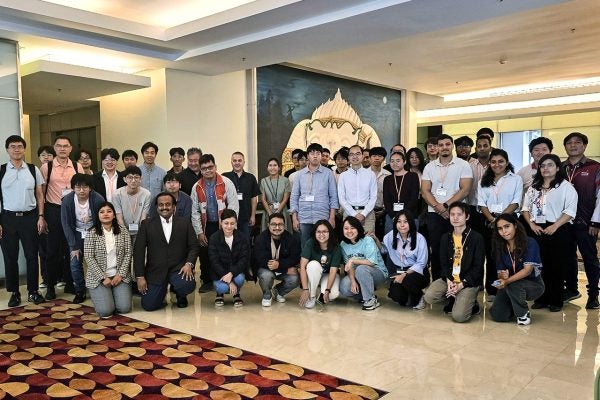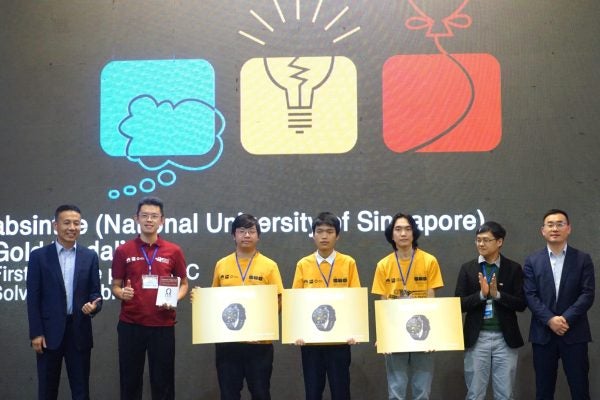Filtered by: Department of Information Systems & Analytics
Professor Hahn Jungpil from NUS Computing was featured in an interview on ZDnet Korea discussing the global AI race, which he described as a “war of data and capital”. He noted that the United States and China are leading due to their access to vast data and strong investments in computing and AI models.
He highlighted the rise of agentic AI as a key driver of corporate investment but stressed the need for ethical development. Drawing from Singapore’s approach, he advocated for flexible, forward-looking regulations and emphasised the importance of cross-sector communication to balance innovation with governance.
In a Channel 8 News feature on the rising emotional dependency on AI chatbots, Professor Hahn Jungpil, Provost’s Chair Professor at the NUS School of Computing and Deputy Director (AI Governance) for AI Singapore, highlighted the risks of misinformation posed by increasingly human-like AI.
He explained that generative AI systems are trained on vast online content and can convincingly communicate across diverse topics — but this adaptability also makes them capable of spreading false information or reinforcing users’ beliefs, even when inaccurate.
As emotional reliance on AI grows, Prof Hahn’s remarks underscore the importance of understanding how these technologies operate and their potential psychological and societal implications.
Professor Jungpil Hahn works for the Department of Information Systems and Analytics at the School of Computing, National University of Singapore (NUS). The Professor is an advocate for using AI responsibly.
“AI developers and business leaders should consider all relevant ethical considerations not only in order to be compliant with regulations but also for engendering trust from its consumers and users.”
“The primary challenge in applying AI ethical principles is that much of the discourse surrounding AI ethics and governance is too broad in the sense that the conversation surrounding it is at a very high level,” Professor Hahn said.
“How to actually operationalise and put it into action is still quite underdeveloped, and vague.”
The rapid uptake and widespread use of generative AI systems has put a spotlight on AI ethics and governance. The ‘lack of clear and explicit’ standards led Professor Hahn and colleagues to study the evolution of AI Governance.
“The “black box” nature of AI models, which makes it impossible to fully (exhaustively) know how it will perform/behave.” Professor Hahn added.
-
Computing 1
13 Computing Drive
Singapore 117417
© National University of Singapore. All Rights Reserved. • Legal • Branding guidelines

